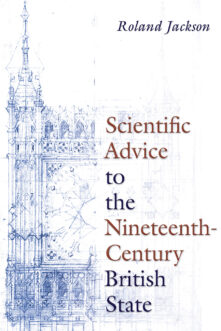Books
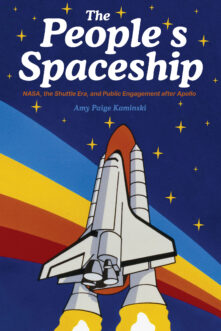
The People’s Spaceship
NASA, the Shuttle Era, and Public Engagement after Apollo
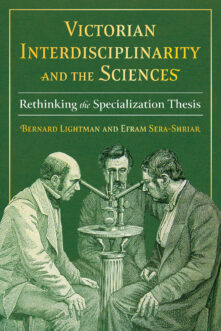
Victorian Interdisciplinarity and the Sciences
Rethinking the Specialization Thesis
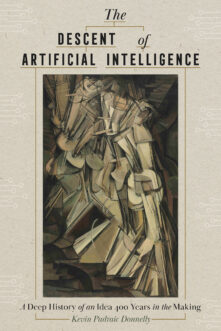
The Descent of Artificial Intelligence
A Deep History of an Idea Four Hundred Years in the Making
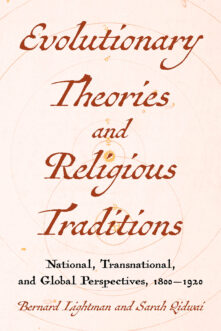
Evolutionary Theories and Religious Traditions
National, Transnational, and Global Perspectives, 1800–1920

The Correspondence of John Tyndall, Volume 13
The Correspondence, June 1872–September 1873
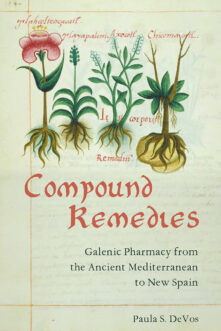
Compound Remedies
Galenic Pharmacy from the Ancient Mediterranean to New Spain
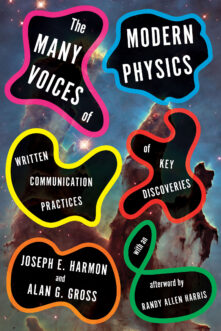
The Many Voices of Modern Physics
Written Communication Practices of Key Discoveries
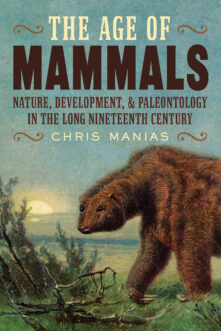
The Age of Mammals
International Paleontology in the Long Nineteenth Century
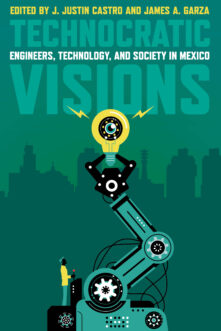
Technocratic Visions
Engineers, Technology, and Society in Mexico
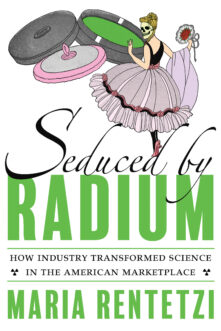
Seduced by Radium
How Industry Transformed Science in the American Marketplace

The Correspondence of John Tyndall, Volume 12
The Correspondence, March 1871-May 1872
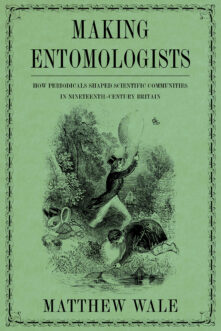
Making Entomologists
How Periodicals Shaped Scientific Communities in Nineteenth-Century Britain
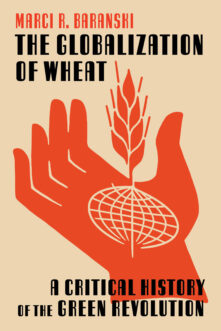
The Globalization of Wheat
A Critical History of the Green Revolution
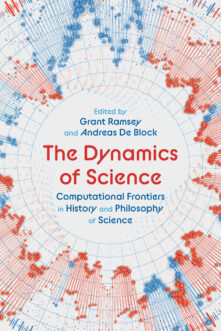
The Dynamics of Science
Computational Frontiers in History and Philosophy of Science
Total 140 results found.


